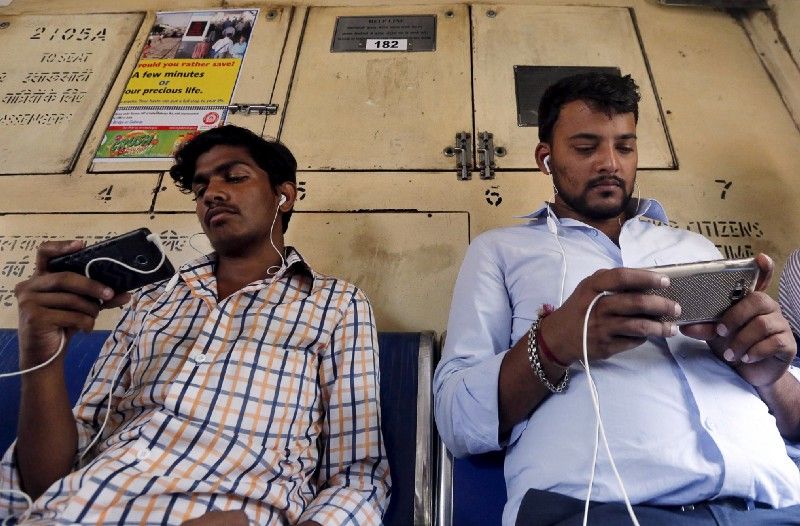February 02, 2018
Now for some good news. The International Telecommunications Union, the UN agency for information and communication technologies,issued a report a few days ago that says all 47 of the world’s “least developed economies” have made major progress on Internet access. The big takeaways:
- About 700 million people in these countries now have mobile phone subscriptions.
- 60 percent of their populations are now covered by a 3G network.
- 80 percent live within range of a mobile cell network.
In sum, the world’s 47 poorest countries are now on track to achieve the UN Sustainable Development Goal for universal and affordable Internet access by 2020. This marks a major leap forward for hundreds of millions of people who are gaining access to education, business opportunities, better healthcare, better government services, better ways to communicate with other people, more information about the rest of the world, and rising expectations for the next generation.
More For You
Of all the threats to the world, what are the top 10 most urgent global risks for 2026? On Monday, January 5, at 12 pm ET, join us for a livestream discussion with Ian Bremmer and global experts to discuss the Top Risks of 2025 report from Eurasia Group. This report will mark twenty years of Ian Bremmer’s annual forecast of the political risks that are most likely to play out over the year. Event link: gzeromedia.com/toprisks
Most Popular
- YouTube
Wikipedia cofounder Jimmy Wales explains why a specific page titled “The Gaza Genocide” risks undermining trust with users.
- YouTube
In his latest Quick Take, Ian Bremmer explains a major shift in the Ukraine war: Europe, not the United States, is now driving the strategy.
Chief Superintendent of the police force's National Security Department Steve Li Kwai-wah speaks at the West Kowloon Magistrates' Courts building after the verdict in the national security collusion trial of Jimmy Lai, founder of the now-defunct pro-democracy newspaper Apple Daily, in Hong Kong, China, on December 15, 2025.
REUTERS/Lam Yik
© 2025 GZERO Media. All Rights Reserved | A Eurasia Group media company.
